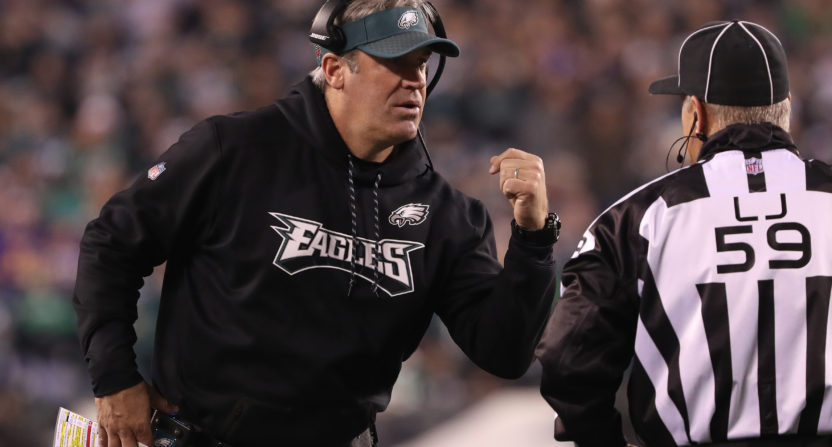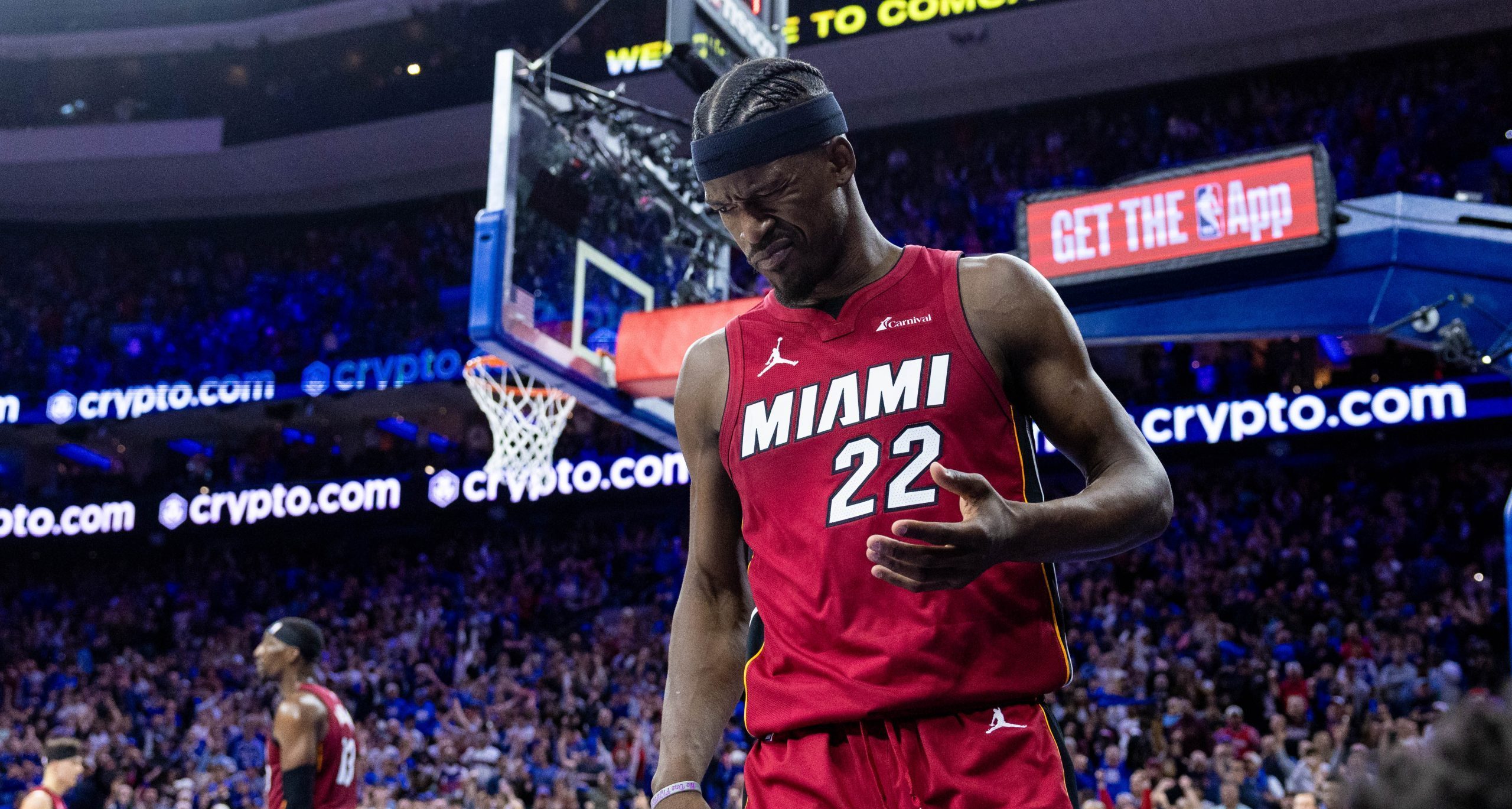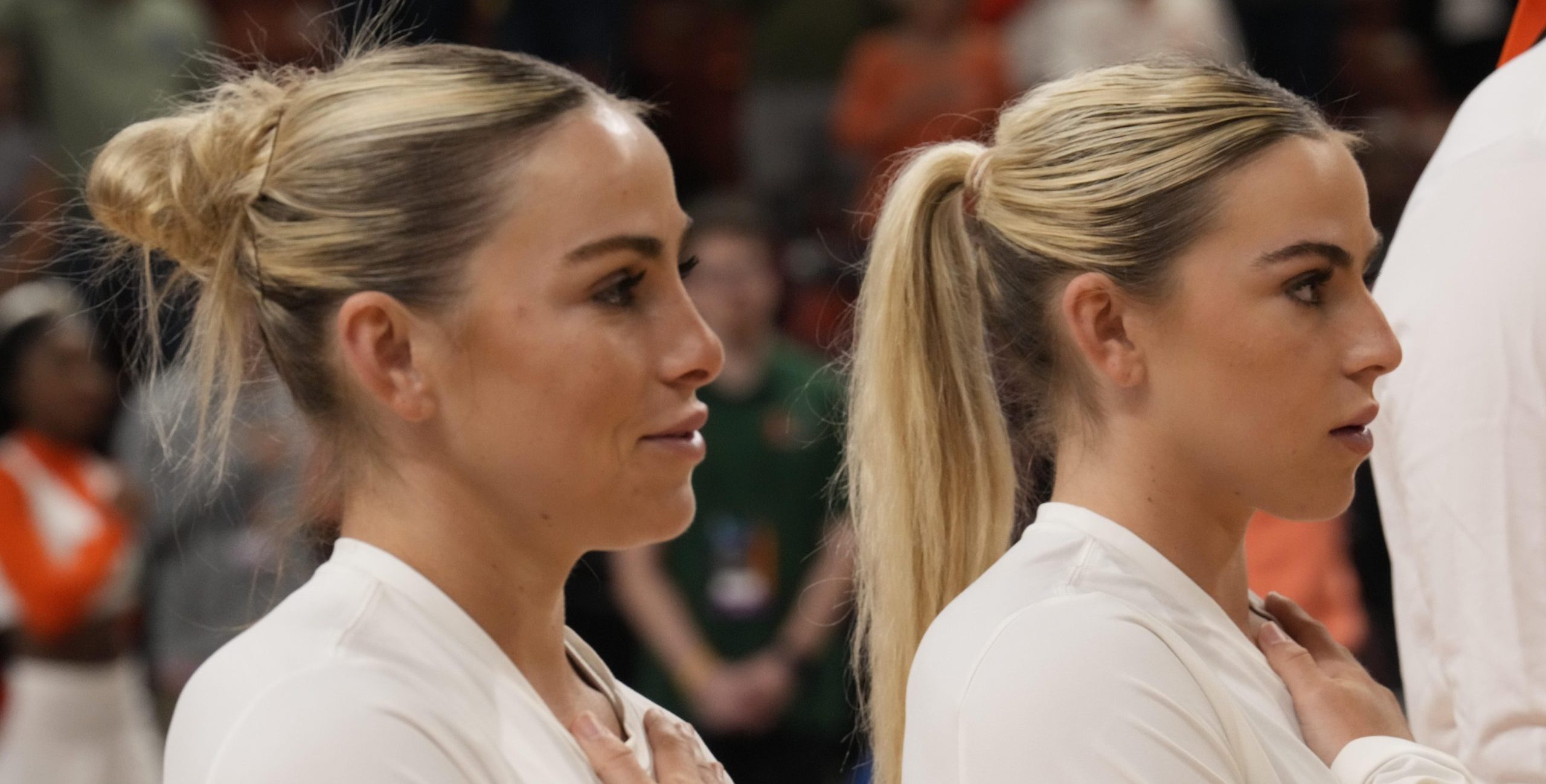The rise in analytics in sports has been trending upward for years. What seemed to really become a prominent focus in baseball has led to a new way of thinking and team building in the other major sports as well, with the Philadelphia Eagles possibly becoming the latest success story for the importance of analytics in the NFL.
There is more that goes into building a winner, of course, including drafting and player development. But as the Eagles were celebrating their first Super Bowl trophy, down I-95 the Baltimore Ravens are left scratching their heads and wondering where they have gone wrong the past few seasons.
Ravens owner Steve Bisciotti pins the blame on not having enough experience in the scouting department. The Ravens lost three experienced scouts in recent years and went about replacing them with younger scouts who may have more of an analytical eye. But that has not exactly worked out as the Ravens would hope with their recent draft picks.
“When we lost those scouts, we didn’t necessarily go out and hire equal scouts to replace them, and I think that was a mistake,” Bisciotti said in a story posted by ESPN, digging into past misses in the NFL Draft. “I think that, in retrospect, you can say that you can’t lose those three scouts with 30 years of experience between the three of them and then hire 25-year-olds that are ready to give it the old try.”
This has to be a tough pill to swallow for Bisciotti because the Ravens were praised for their forward-thinking mindset when it came to analytics just a few years ago. In 2015, ESPN ranked the teams in each of the four major sports leagues to determine which teams are most likely to embrace the emerging analytics scene. The Ravens were among the top teams mentioned in taking strides to embrace analytics.
The Ravens are among the NFL’s leaders in analytics, employing two analysts with topflight credentials and training in the business world, academia and applied statistics. What’s more, the analytics staff gets significant support and buy-in from the front office and coaching staff.
Though information about scouting players and statistical information regarding different down and situations during a game are two vastly different categories of information overload, the winning formula seems to be finding the perfect balance between an abundance of trusted information and having the right minds in place to utilize that information at their disposal to make the best possible decisions needed. For a draft or in free agency, knowing what to expect from various players in various situations is essential for a general manager or anyone else in a position to make the final call on what player is added to the roster.
Interestingly, a few other teams mentioned by ESPN as being believers in analytics back in 2015 have had some success. The New England Patriots and the Philadelphia Eagles have each won a Super Bowl. The Atlanta Falcons have played in a Super Bowl, and the Jacksonville Jaguars just reached the AFC Championship Game this past season. The Dallas Cowboys had the best record in the NFC two seasons ago, and the Kansas City Chiefs have won back-to-back AFC West Division titles.
In baseball, the list of teams considered all-in have won the last two World Series titles (Chicago Cubs, Houston Astros). The San Antonio Spurs pioneered the analytics approach, and the Philadelphia 76ers are trusting the process to noticeable improvement. Analytics can be a great asset, but only if you have the right set of numbers available to you and the right people in place to review the data and make the best decisions using the data presented at any moment.
Eagles head coach Doug Pederson discussed the role analytics played in the game management of the Super Bowl champions in a podcast interview with Game Theory and Money. Pederson’s use of analytics naturally comes into play more in the game prep and in-game decision-making, and it paid off in a big way in his second season as a head coach.
Our team has a lot of information and data that pertains to situational football. What’s amazing is that I do a study, and boom, I have 5 to 10 years of data. However much data I want to pull, I can get a relatively quick and accurate answer with some of the data.
And for me, it’s about deciphering what I want to use. What helps us win football games, and what helps us win the Super Bowl, when you’re going against a tremendous opponent in the New England Patriots. What advantages can I have through the numbers, whether it’s 4th downs, two point conversions, or whatever. It might even be on a player.
The hiring of Pederson may not have been considered a home run hire in Philadelphia at the time of the coaching hire, but it did not take long to see how Pederson was going to operate as a head coach with his use of data and how he called plays. There were bumps in the road in his first season, but he learned and continued to adapt using the information available to him for key decisions on Philadelphia’s run to the Super Bowl.
Pederson is an example of how to best use analytics to your advantage. If you know how to read the data and have the right players to execute your decisions base don that data, you can do something special. Contrastly, in Baltimore, it has become clear that analytics is just a part of the equation. There is still a significant role in scouting players to ensure you have the right talent in place to make the best use of the analytics.





